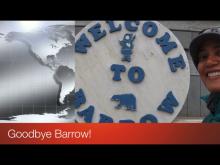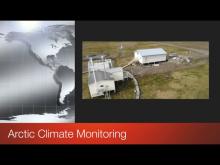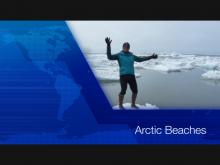What Are They Doing?
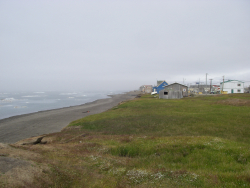
The project emphases are 1) a bibliographic database of relevant historical resources, 2) an examination of the shoreline to provide a long time-series baseline, 3) simulation models to demonstrate socio-natural cycles of change for the North Slope shoreline, 4) the historical ecology study of the shoreline, interactive mapping and database available as a web based resource to assist academia, industry, regional government and local communities for socio-natural risk management (e.g., Barrow Area Information Database, 5) an integrated team of researchers, corporations, community planners, and Risk Management of the North Slope Borough to extract data and provide simulation models that apply to current studies and hazards of the region, especially mitigation tools for community decisions, and 6) provide a variety of eco-heritage opportunities that include community participation in research, educational products, age level appropriate activities and outreaches for community service learning, such as Teen CERT for the Next Generations and PolarTREC.
Where Are They?
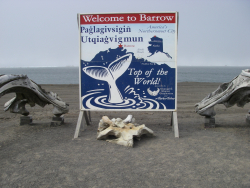
The land is vast and remote; and while seemingly rugged, is remarkably fragile. The ancient cultural traditions practiced today by Iñupiat Eskimos have survived in one of the world's harshest climates through their ability to adapt. They adapted to the discovery of oil in their traditional homeland by forming the North Slope Borough which offers residents a chance to help manage the lands, participate in the benefits of the oil boom while at the same time protect subsistence values, especially whaling. Learn more about the North Slope of Alaska.
Latest Journals

Anne is interested in applying natural science and social science research to assist community based decision making in the areas of Historical Ecology, Public Archaeology, Museum Education, Culture Contact Studies, Applied Anthropology for Disaster Preparedness and Mitigation. You can see her ARIES website here.

Following completion of her B.S. in Chemistry at the University of Illinois - Chicago, Kathleen worked in industry as an engineer and research chemist prior to attending graduate school. After completing her Ph.D. in oceanography (geochemistry) at Oregon State University, she worked for the Navy as a civilian scientist (oceanographer). Kathleen also completed a J.D. degree at Willamette University College of Law. She taught marine science and coastal management full time at Elizabeth City State University in North Carolina. She has been the Corporate Treasurer of Applied Research in Environmental Sciences Nonprofit, Inc. for the past 6 years, also teaching earth science and oceanography courses as an adjunct at a community college until a few years ago. Her interests are in coastal management, both regulatory, policy, and scientific aspects, and near-shore processes affecting coastal erosion. She is the author or co-author of several published papers.

